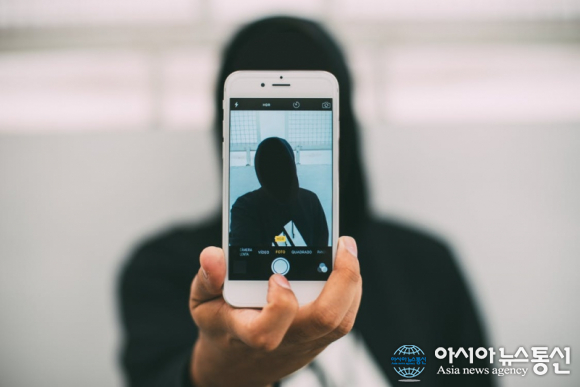 |
| Photo: Kaique Rocha via Pexels |
Internet anonymity is an illusion. Based on an experiment by Svae Eckert, a journalist, and a data scientist, Andrea Dewes, it was found that it is possible to de-anonymize your browsing history data.
The pair set up a fake marketing company profile on LinkedIn, providing fake names of chief executives and even its own website, as well as a careers site that managed to fool a number of people since it received applicants. The claim of the fake marketing company is that it has developed a machine-learning algorithm that can execute effective marketing strategies to people, with the premise that it must first be fed with a large amount of data coming from the web history of a number of people.
The findings were presented at the Def Con conference in Las Vegas, the longest running and largest underground hacking conference in the world. Securing a database that contains three billion URLs from three billion German users ranging from passive to active users depending on their collected personal data, the pair had found a way to expose the anonymous web searches.
“We wrote and called nearly a hundred companies, and asked if we could have the raw data, the clickstream from people’s lives,” said Eckert. Eventually, the data that they asked were given and without a price. The data broker was convinced by the fake project on the machine-learning algorithm and gave them the data for free.
The pair then found out that once these data were available, it was easy to de-anonymize them. Coming from a number of web plugins that store a person’s private information, it is meant to be the storage of personal data which was then found to be easily hackable, according to Eckert and Dewes.

